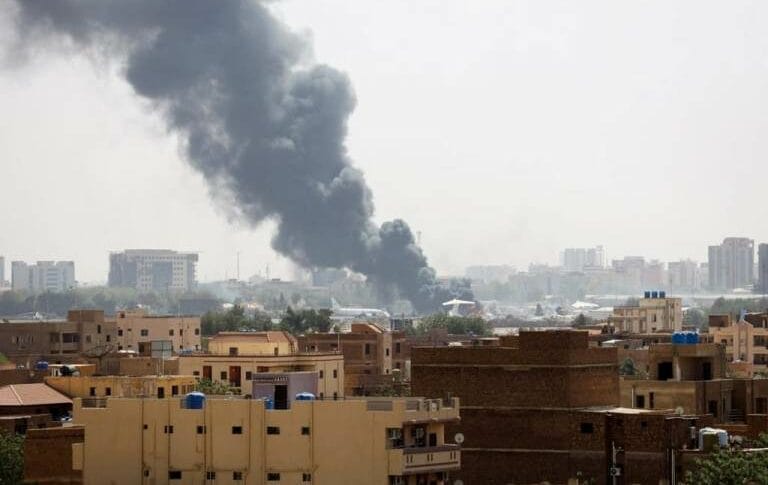More than 100 civilians, including women and children, have reportedly been killed in a series of violent assaults carried out by the Rapid Support Forces (RSF) in Omdurman, near Sudan’s capital, Khartoum. The attacks took place in the Jama’iya area, located in the southern part of the city, over the past week, according to a statement from the Sudan Doctors Network released on Tuesday.
Neither the Sudanese Armed Forces (SAF) nor the RSF have issued public responses to the claims.
The ongoing conflict between Sudan’s military and the RSF, which erupted in April 2023, has caused massive devastation across the country. United Nations and local estimates indicate that more than 20,000 people have died and over 15 million have been forced from their homes. However, independent studies conducted by researchers in the United States suggest the death toll could be as high as 130,000.
Amid recent developments, Sudanese government troops appear to be regaining control in key areas. Since late March, they have reportedly recaptured strategic sites across Khartoum, including the presidential palace, key ministries, the city’s main airport, and other vital military and security installations. These victories represent the first major territorial gains in the capital since the conflict began.
While these advances may not bring an immediate end to the war, observers say they could mark a turning point. For millions of displaced and suffering Sudanese, renewed army momentum raises hope for an eventual resolution.
Beyond the capital, the RSF’s influence has waned across much of the country. The paramilitary group now retains control over parts of North and West Kordofan, as well as limited areas in South Kordofan, the Blue Nile region, and four of Darfur’s five states. The Sudanese army continues to hold Al-Fashir, the capital of North Darfur and a key stronghold in the western region.
As the battle for Sudan enters its second year, the toll on civilians continues to rise, and the path to peace remains uncertain.


